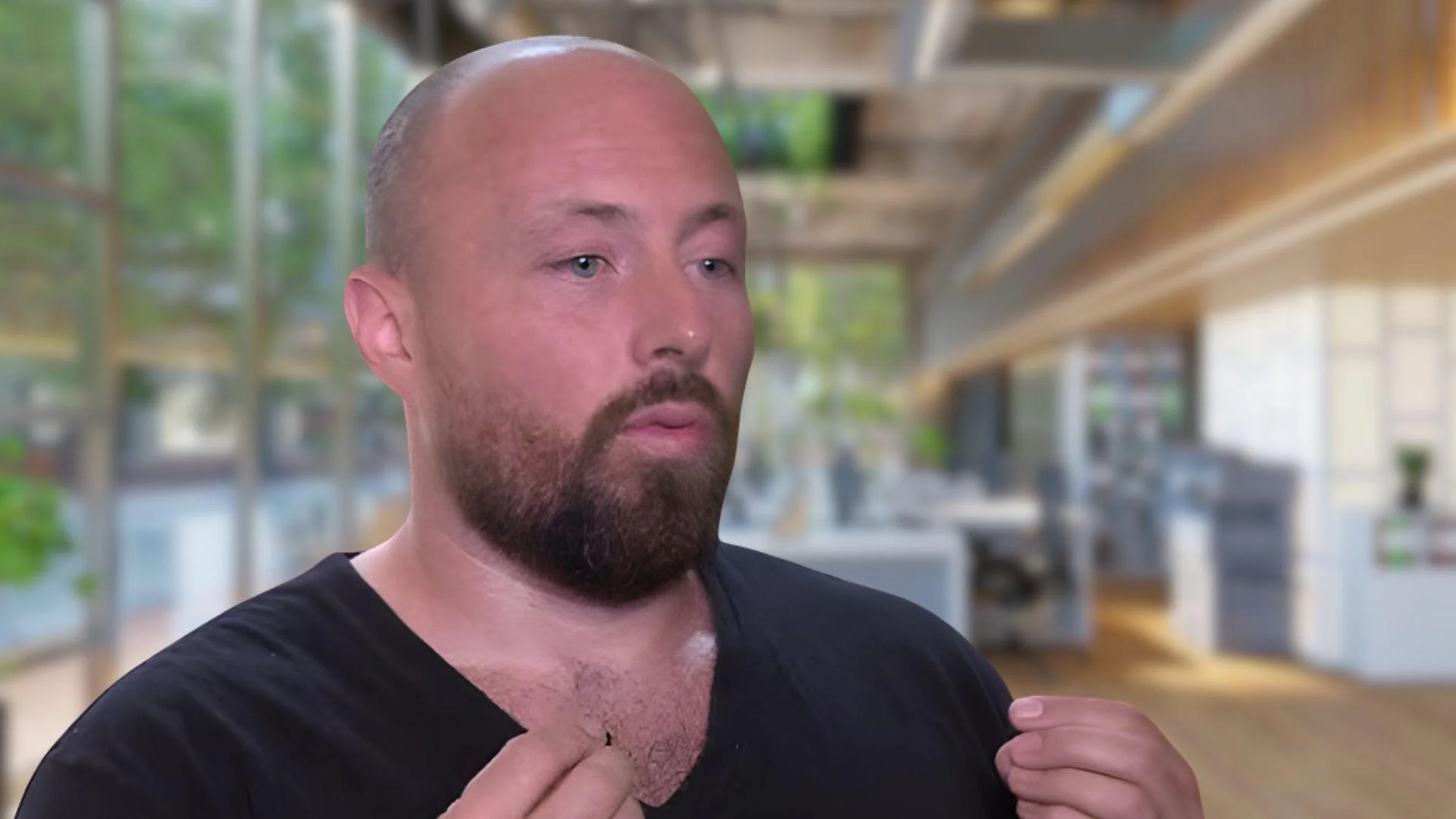
Housing Estate | Kin | Provided
Kin, a digital home insurer, has announced the successful raising of $50 million in a Series E funding round, valuing the company at $2 billion. The funding includes a $200 million debt facility. The new capital amounting to $105 million will be used to support growth initiatives, launch another reciprocal exchange, and develop climate-resilient products.
According to Axios Pro, Kin's recent funding round nearly doubled its previous valuation of $1.1 billion. This indicates that investors perceive the company as well-positioned to capture a market space left by traditional insurers. The funding was led by QED Investors and Activate Capital, with additional debt financing from Wellington Management, highlighting substantial support from both equity and credit markets. This type of fundraising is seen as a strong endorsement of Kin’s technology-driven underwriting model.
Kin's operational performance demonstrates its ability to combine rapid growth with sustainable profitability. According to Kin’s first-quarter results for 2025, the company manages over $600 million in in-force premiums and covers more than $100 billion in total insured property value across its customer base. The company has been profitable since 2023 and consistently outperforms benchmarks like the "Rule of 40," which balances growth and profitability. These metrics distinguish Kin from many insurtech peers still striving for profitability.
The Swiss Re Institute reported that insured losses from global natural catastrophes reached $137 billion in 2024 due to climate-driven events such as hurricanes, wildfires, and floods. Major U.S. insurers have reduced or ceased new business in high-risk states like California, Florida, and Louisiana, leaving many homeowners without adequate protection. Kin addresses this gap by using proprietary technology to assess individual home risks and offer fair pricing even in disaster-prone areas.
According to Kin, the company employs a direct-to-consumer model and reciprocal exchanges to align incentives between customers and the insurer, reducing inefficiencies while expanding affordable access to coverage. Its data-driven approach enables Kin to develop innovative products for underserved regions facing climate risks. By focusing on affordability, customization, and technology, Kin aims to make home insurance accessible where traditional players are retreating.






 Alerts Sign-up
Alerts Sign-up